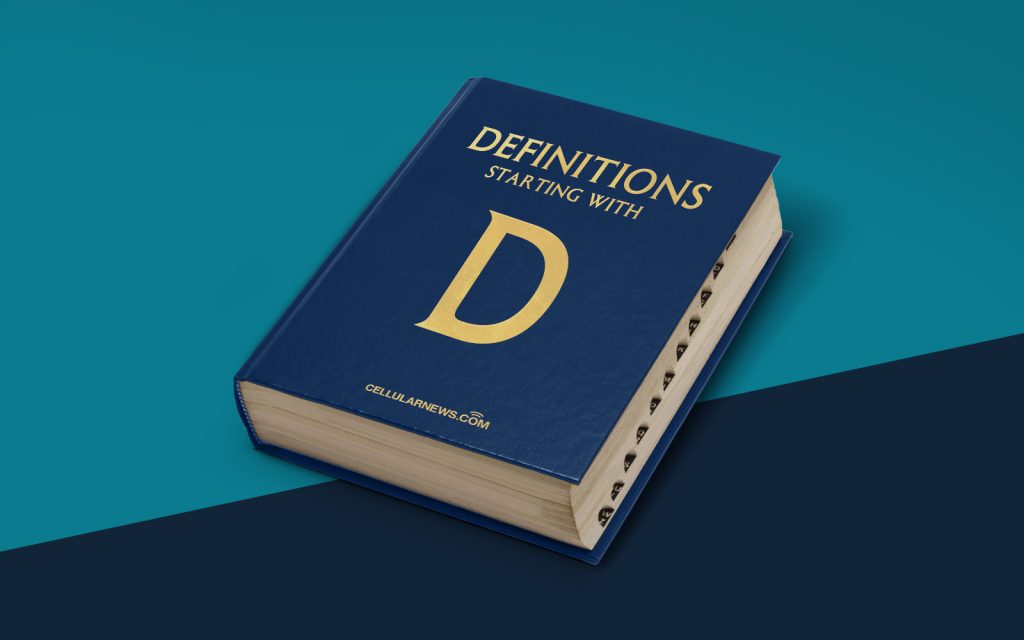
Demystifying Decision Theory: Unleashing the Power of Rational Choices
Have you ever found yourself faced with a seemingly endless number of choices, unsure which path to take? Whether it’s deciding between two job offers, selecting the best investment opportunity, or even choosing what to have for dinner, decision-making is an integral part of our daily lives. This is where the fascinating field of decision theory steps in.
Key Takeaways
- Decision theory helps us make rational decisions by evaluating probabilities, risks, and rewards.
- It provides a framework for understanding how individuals think, behave, and make choices.
Decision theory is a branch of mathematics and philosophy that aims to understand and prescribe the best course of action when faced with uncertainty or multiple options. It provides us with a framework to make rational decisions by considering the probabilities, risks, and rewards associated with each choice.
Now, let’s dive a bit deeper into the intriguing world of decision theory and explore some of its fundamental concepts.
1. Utility Theory
Utility theory forms the foundation of decision theory. It suggests that individuals make decisions based on the benefits, or utilities, they expect to gain from a particular choice or outcome. These utilities are often subjective and can vary from person to person.
For example, imagine you have two job offers. Job A offers a higher salary, but longer working hours, while Job B offers a slightly lower salary but flexible working hours. In this scenario, your decision would depend on how you personally perceive and assign utility to salary, work-life balance, and other factors involved.
Utility theory helps us weigh and compare the expected benefits of different options, allowing us to make choices that align with our personal preferences and goals.
2. Expected Utility Theory
Expected Utility Theory takes utility theory a step further by incorporating probabilities into decision-making. It recognizes that outcomes are not always certain, and assigns a subjective probability to each potential outcome.
By multiplying the utility of each outcome by its respective probability and summing them up, we can calculate the expected utility of a particular decision. This allows us to evaluate the overall desirability of different options and make informed choices based on the potential rewards and risks involved.
For instance, let’s say you are considering investing in a new business venture. Expected utility theory would prompt you to analyze the potential profits, associated risks, and likelihood of success or failure for each investment opportunity. By weighing these factors, you can calculate the expected utility of each option and make a more informed investment decision.
Conclusion
Decision theory is a powerful tool that enables us to navigate the complex world of choice and uncertainty. By understanding the concepts of utility theory and expected utility theory, we can make decisions that align with our goals, values, and risk tolerance. So, next time you find yourself faced with a challenging decision, remember the principles of decision theory and embark on your path to rational choices!
